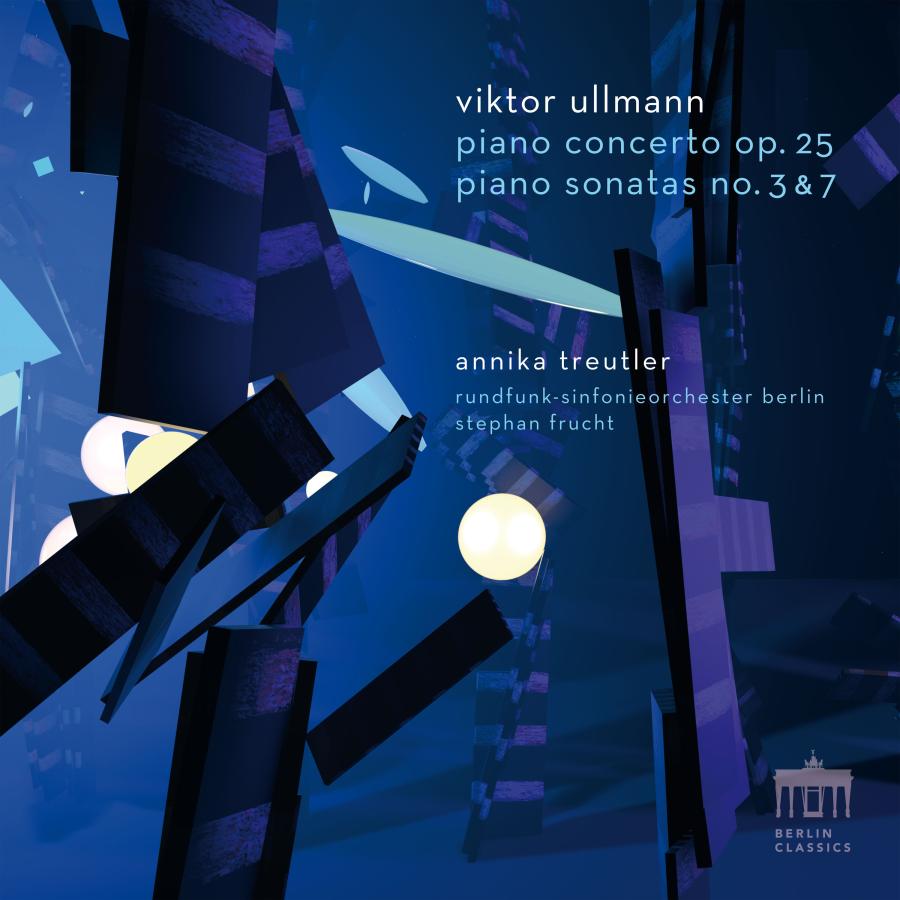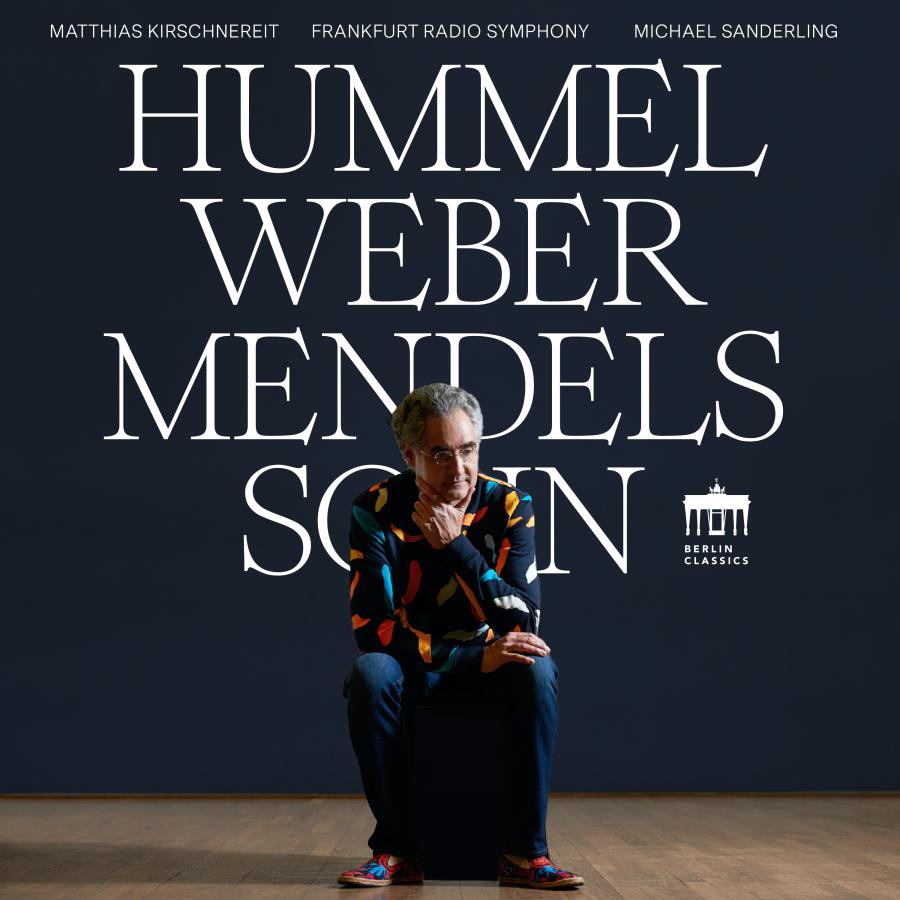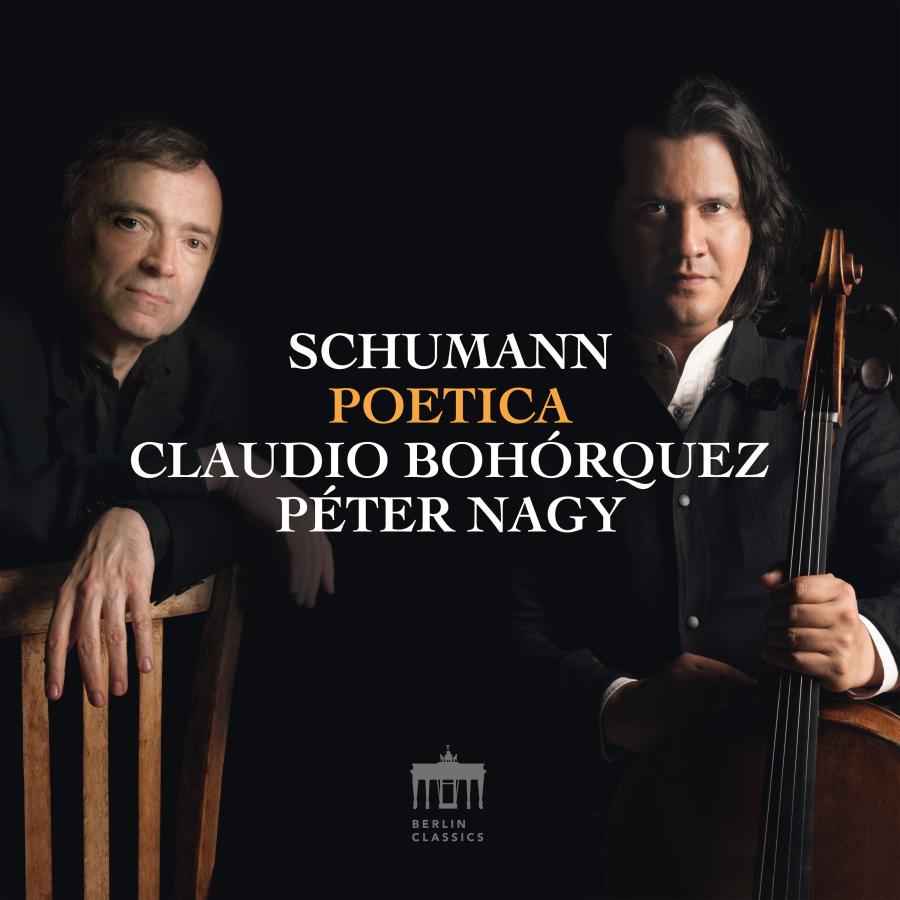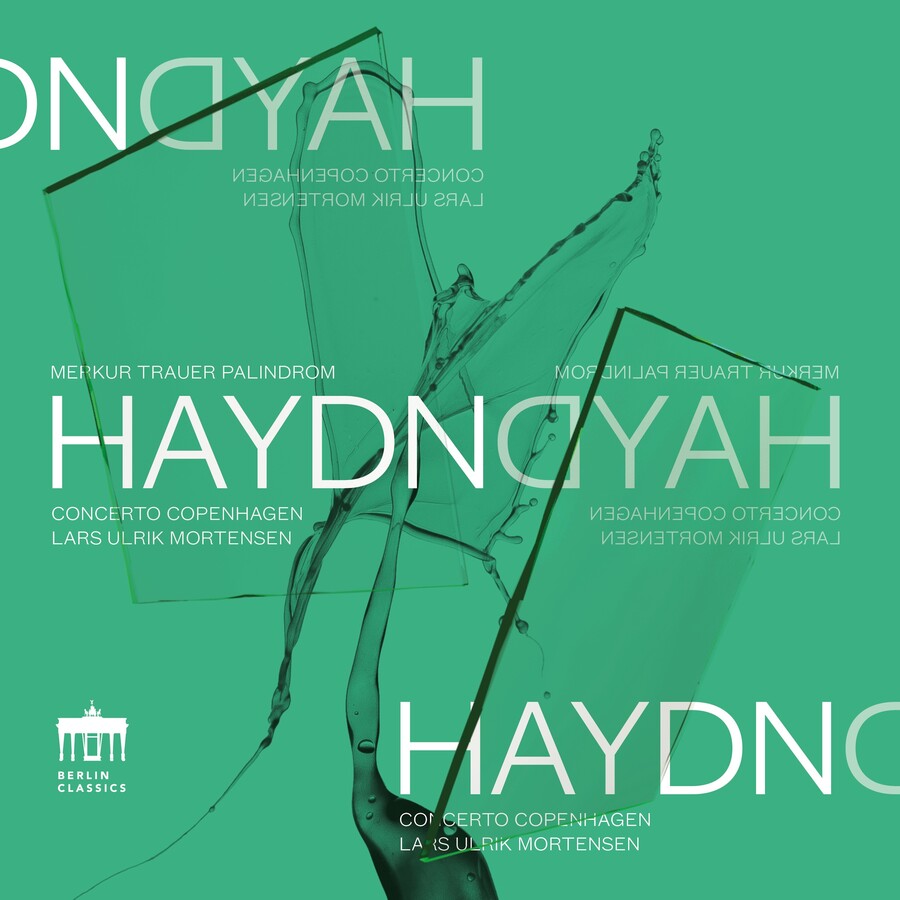The liberation of the concentration camp at Auschwitz will be commemorated on January 27, 2020. The composer Viktor Ullmann (1898-1944) is representative of many musicians and composers, most of them with Jewish roots, who lost their lives in the Nazis’ extermination camps.
To mark this 75th liberation anniversary, the pianist Annika Treutler has devoted her new CD to proscribed music. To musicians and composers like Viktor Ullmann, Bohuslav Martinů, Pavel Haas and many more: none of whom ever had the opportunity to fully develop their creativity because they were barred from pursuing their artistic careers in freedom. “As a result of the Holocaust a whole generation was officially wiped out and a chapter of music history erased. That means that seventy five years on, not only Ullmann’s music, but the music of a whole generation of composers is utterly unknown,” explains Annika Treutler. Together with Stephan Frucht (conductor and artistic director of the Siemens Arts Program) and the Radio Symphony Orchestra of Berlin, Annika Treutler takes a completely new approach in telling the story of Viktor Ullmann in musical terms. In this way, she wishes to preserve the memory of the composer: “It is my aim to make sure his music receives the same recognition and is acknowledged in the same way as that of his contemporaries who were not barred and persecuted. It is certainly worthy of it! In his music, Ullmann developed his own special language, his own form of tonality. Although he was a pupil of Arnold Schoenberg, his music is not atonal; instead he varied the tonality by expanding or reducing intervals. That approach resulted in an enormous build-up of tension which is typical of his style, although the listener nevertheless does not feel abandoned. We frequently think we hear echoes of other composers, and yet Ullmann’s music speaks a very unique, unusual language
The Piano Concerto (1939) and the Piano Sonata No. 3 (1940) are linked both by the fact that they were composed around the same time and because they are closely linked spiritually and musically to their dedicatee, the young Hungarian pianist Juliette Arányi (born in 1906, missing, presumed died 1944). Viktor Ullmann wrote the Piano Concerto during the German occupation of Prague, whereas his Third Piano Sonata was overshadowed by his unsuccessful attempts to go into exile. Neither of the works were premiered by Juliette Arányi, who like Ullmann was deported to Terezin (Theresienstadt) in 1942 and is believed to have been murdered in1944 in the gas chambers at Auschwitz. “Knowing that she must have had similar musical aspirations and optimistic aims for her life without being able to fulfil them is distressing”, says Annika Treutler. “That realisation constantly awakens in me a great need to tell her story, so that such things never happen again, and so that people can now live a free and dignified life.”
Viktor Ullmann’s Piano Sonatas are a cornerstone of his oeuvre, not least because they have come down to us in their entirety. Numerous other works by Ullmann are missing, considered lost. The Piano Sonata No. 7, written in 1944, when Ullmann had already been interned in Theresienstadt for two years, is the work which moves Annika Treutler the most: “Anyone expecting a gloomy, aggressive work will be surprised. Viktor Ullmann wanted to uphold a positive attitude and was convinced that a strong and positive mindset could overcome anything, even the most awful regime – that remained his motto right up to the end. Dedicated to his children, the Seventh Sonata ends with a Fugue on a popular Hebrew song in (what is seemingly) a brilliant D major, including B-A-C-H quotations, a manifestation of the composer who is close to the Almighty. Nowadays we know what the outcome was for Ullmann. Every time I play or listen to the sonata, I shudder anew at his destiny. Against the backdrop of his inconceivably cruel personal fate, his music is an unimaginably optimistic body of work, both from a musical and, indeed, a psychological point of view.” The Piano Sonata No. 7 was the last work that the composer was able to complete.
























